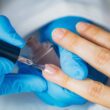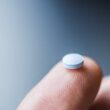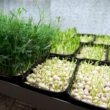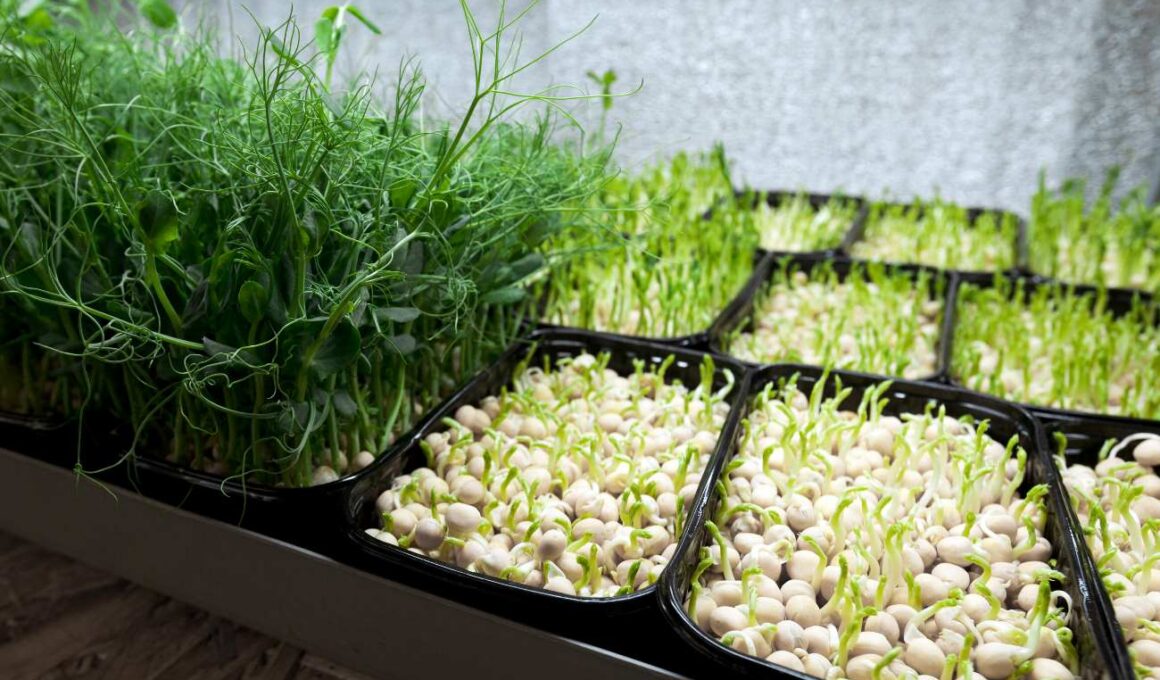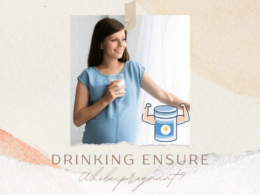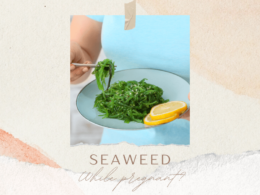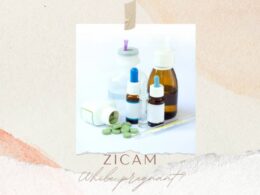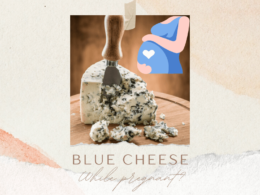Eating Raw Bean Sprouts While Pregnant
Can you eat bean sprouts while pregnant? If they’re raw, it’s generally not recommended by experts. Raw bean sprouts can be a breeding ground for harmful bacteria like E. coli and Salmonella. Cooking bean sprouts can help to kill any bacteria that may be present, making them safe to eat during pregnancy.
Cooking Bean Sprouts to Make Them Pregnancy-Safe
If you choose to eat bean sprouts while pregnant, it’s important to cook them properly. Cooking them thoroughly will help to kill any harmful bacteria that may be present. One way to cook bean sprouts is to boil them for two to three minutes. After boiling, be sure to drain the water and rinse the sprouts with clean water before eating.
If you’re making a stir-fry or casserole with the sprouts, it will be safe to eat as long as the sprouts reach the temperature of 165 degrees Fahrenheit. They should be steaming after cooking, not just slightly warm. This is to ensure that all the harmful bacteria has been killed.
The Same Applies to Other Sprouts
Other sprouts can also harbor harmful bacteria. Unless you’ve grown them yourself and washed them thoroughly, you never know what’s hiding among the sprouts. But some are too delicate to be cooked, so it’s best to avoid them altogether during pregnancy.
Conclusion: Can You Eat Bean Sprouts While Pregnant?
When it comes to eating bean sprouts while pregnant, it’s best to err on the side of caution and avoid eating them raw. However, cooking them thoroughly can help to make them safe to consume. It will kill off any harmful bacteria present, making them safe for you and your baby.
Similar Posts:
- Can You Eat Ramen While Pregnant? Rating Its Healthiness and Safety
- Can You Eat Blue Cheese While Pregnant?
- Can I Eat Brie While Pregnant? Potential Risks and When It’s Safe
- Can You Eat Smoked Salmon While Pregnant – Risks of Smoked Salmon & Lox
- Can You Eat Egg Drop Soup While Pregnant? Here’s What You Might Not Know


